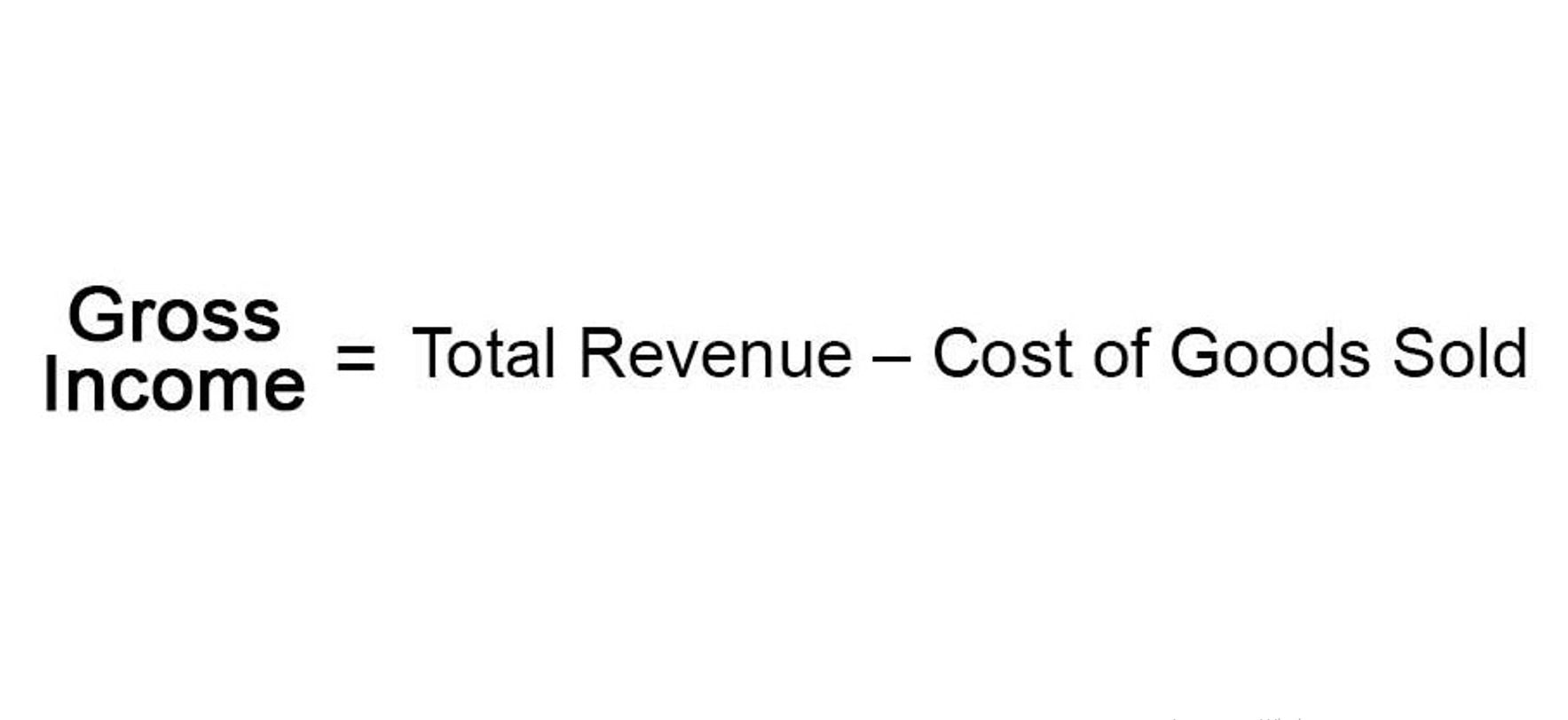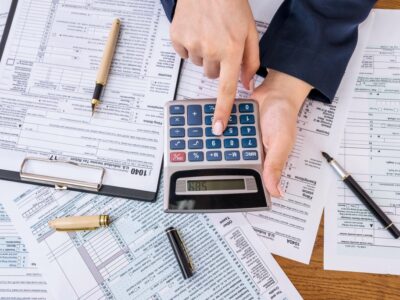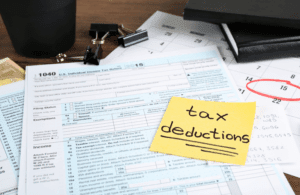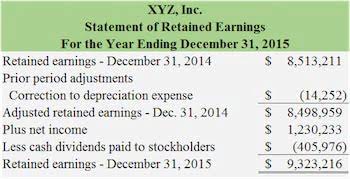
In short, it shows the current confirmed occupancy and revenue for these future dates in terms of the total value of room reservations that have been made and hotel budget are expected to be realized. Keep reading to explore how you can fully take advantage of your OTB data to sharpen your commercial strategy and gain a competitive edge in the hotel industry. While top-of-funnel metrics like forward-looking search data reveal market demand, OTB data connects the dots by showing what’s actually converting into bookings and when. With the appropriate software, not only can you streamline the process, but you can also personalize your responses, and derive valuable insights from the reviews. It’s completely free for testing, doesn’t require a credit card, and can be fully operational in less than five minutes. This review response assistant has quickly become a game-changer for over 2000 customers.
Good practices of budgeting in a hospitality industry

As the industry continues to evolve, effective budgeting and forecasting have become imperative for hotel management. This course offers a comprehensive understanding of fundamental concepts, practices, and tools in hotel budgeting and forecasting, making it an ideal choice for various target learners. In this blog, we’ll walk you through the steps of creating a hotel budget for small hotels. We’ll cover the budgeting process, how to forecast revenue, allocate resources, and plan for both variable costs and capital expenditures to drive profitability and growth. Creating an annual hotel budget is a crucial financial planning exercise that sets the foundation for achieving strategic goals and objectives. In this article, we will explore what a hotel budget entails, key steps in the budgeting process, best practices for format and preparation, and tips shared by hoteliers on effective budget allocation.

Let Hotelogix elevate your Hotel Performance
Explore the Bookkeeping for Veterinarians resilience and profitability of the U.S. student housing market. Learn key investment strategies and risk mitigation techniques to capitalize on this thriving sector. Automation also allows for greater scalability, making it possible for multi-property hotel chains to implement consistent yield management practices across diverse markets. This process, while cost-effective, is labor-intensive and prone to human error, making it less viable in today’s highly competitive environment. There are lots of choices out there, so how do you pick the right hotel business intelligence tool for your place?

Monitor and adjust

In most property management systems (PMS), you can choose to view it in a visualized table or graph by day, week or month. These application costs (SaaS) can become an intractable expense category in the hospitality budget if you don’t have a proper means to pay them. Resolve that by assigning virtual cards to schedule them every month automatically.
- Forecasting can be done by month, quarter and by year to predict periods of low and high demand.
- Next, identify areas where you can minimize expenses without compromising the quality of services.
- The hotel budgeting process should begin with collecting detailed data from previous years.
- Break down projections by category, such as rooms, food and beverage, meetings and events, spa services, and parking fees.
- Additionally, the increasing reliance on OTAs for distribution, while expanding reach, often comes at the cost of high commission fees, complicating the balance between revenue optimization and profitability.
- Hoteliers use OTB data when looking ahead to see how many rooms are booked and at which rates, on future dates.
- It encompasses various revenue sources such as room reservations, food and beverage sales, and additional services, while also accounting for operational costs, marketing initiatives, and capital investments.
- For example, an improving economy may lead to increased business travel and higher occupancy rates, while a downturn could have the opposite effect.
- These reviews provide an opportunity to analyse the effectiveness of the strategies implemented and make any necessary adjustments.
- They are the building blocks of the budget, outlining where income and expenses are allocated.
By examining the same metrics you gross vs net use for your own property, such as occupancy, booking pace and rates, you can see how the overall market is performing at the city level. When combined with historical trends and forward-looking market insights, OTB data empowers you to make informed decisions about pricing adjustments, promotions, and inventory management. Here are the key steps to effectively create a budget for your hotel, ensuring strategic allocation and financial success. Also, collect the expenses data for the last one or two years and compare both sets of data to accurately make budget forecasting that supports your next year’s goals and plans. Remember to include these steps in your business budget planning to create a concrete hospitality budget.
- By using your hotel’s Property Management System (PMS) and previous budget samples, you can analyze past performance and identify key revenue streams, such as room bookings and food and beverage sales.
- Track this pick-up momentum along with rate and demand insights to see if you’re getting sufficient reservations and identify underperforming dates.
- If you are not satisfied with the course, contact our customer support team to request a refund with your order details.
- This forecasting allows hotels to adjust their budgeting and resource allocation, ensuring revenue streams are optimized and costs are controlled.
- Accurate revenue projections are critical in allocating resources and determining how much to invest in each revenue stream.
- A departmental budget is crafted for each individual department, taking into account both fixed and variable expenses.





